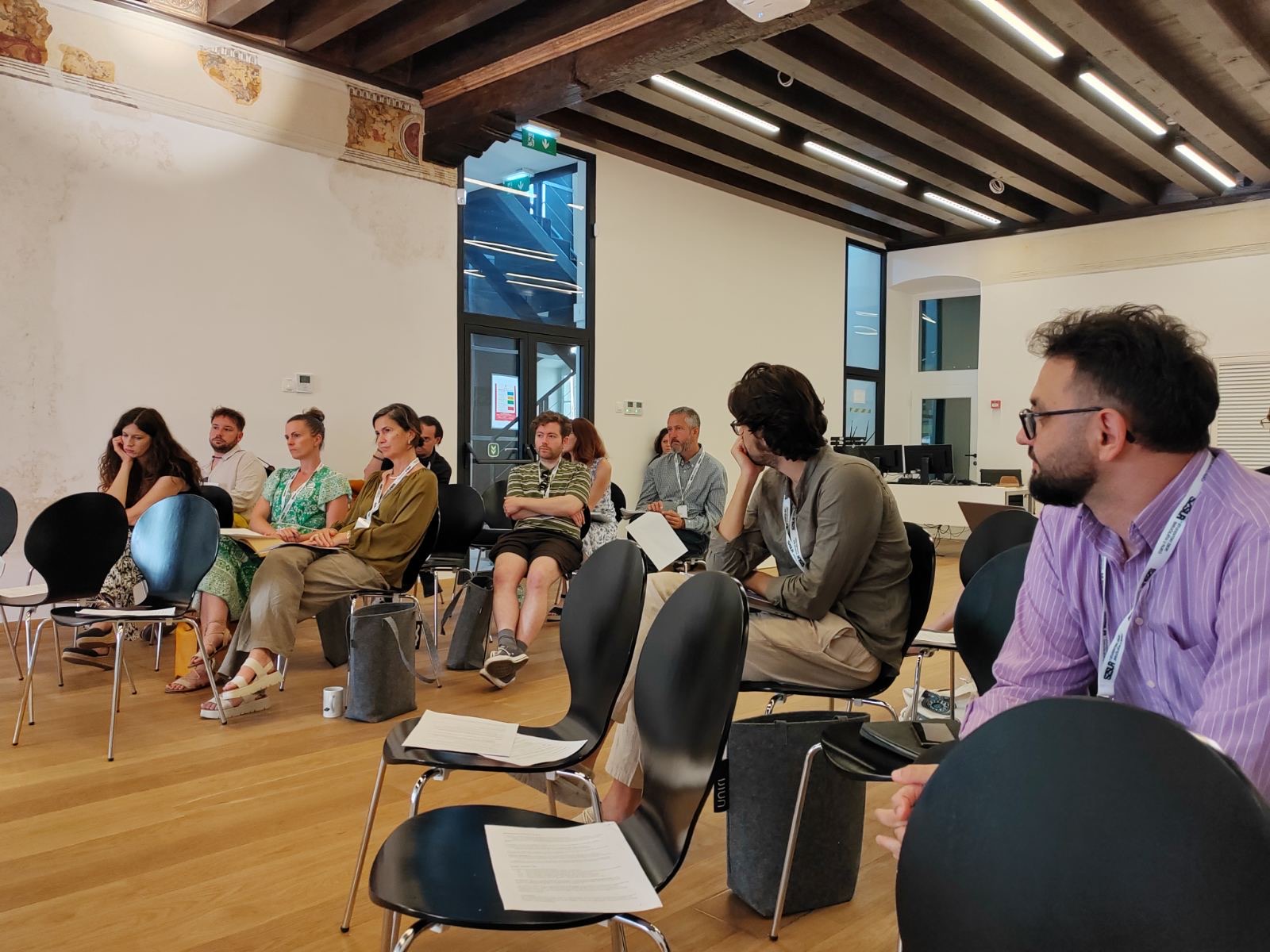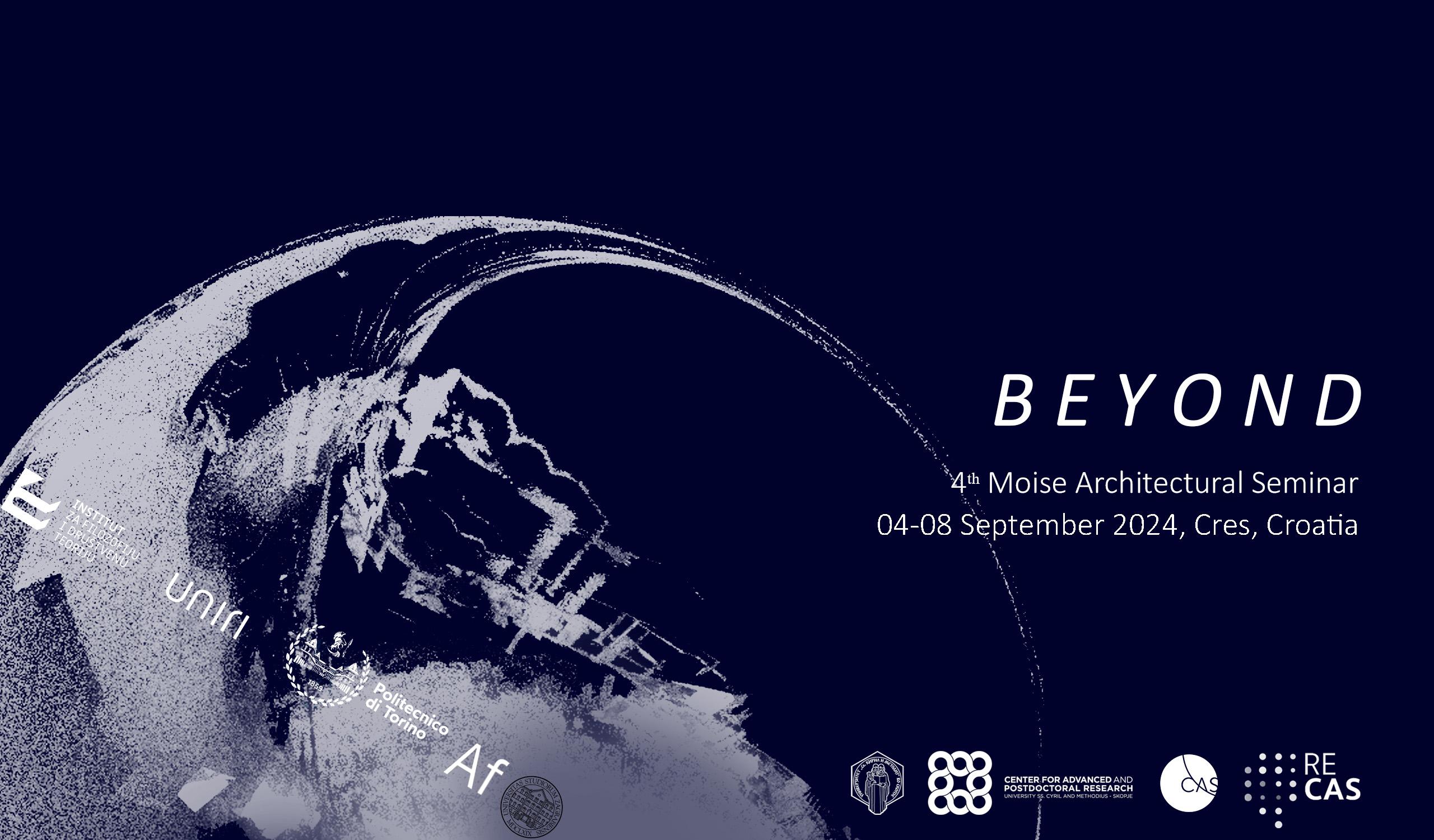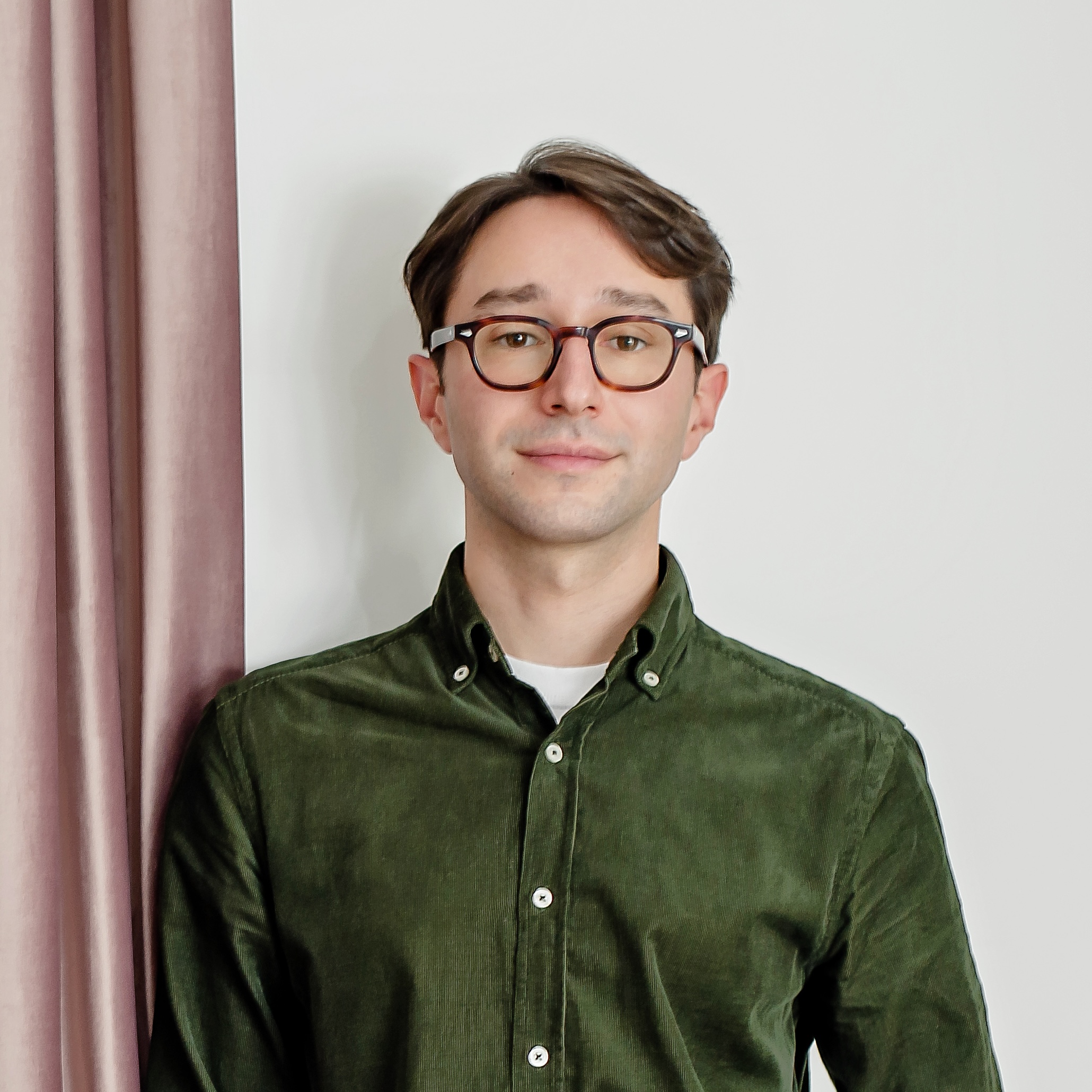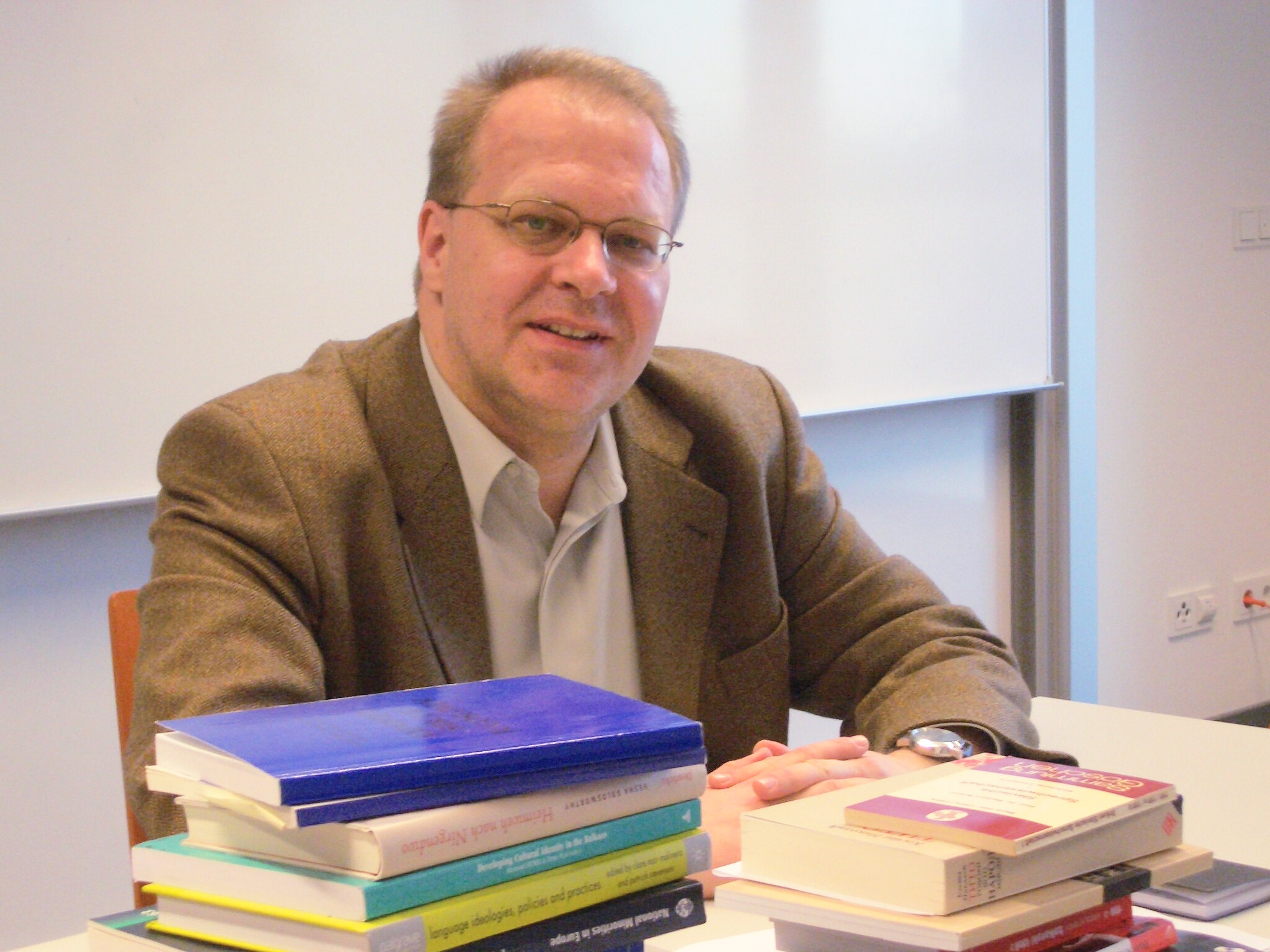Textuality and Diversity: A Literary History of Europe and its Global Connections, 1529—1683
University of Rijeka Library, 13 September 2023
Moise Palace, 14—15 September 2023
Based at Queen Mary University of London, The European Research Council project ‘TextDiveGlobal’ (www.qmul.ac.uk/textdiveglobal) is working towards a literary history of Europe and its global connections between the two sieges of Vienna (1529-1683).
Our seminar (day 1 in the University of Rijeka Library 8.30am-12pm; days 2 and 3 in the Moise Palace on Cres), will integrate presentations by scholars of medieval and early modern Croatian cultural history (Jasenka Gudelj, Ca’ Foscari University of Venice; Zrinka Stahuljak, UCLA; Luka Špoljarić University of Zagreb) with presentations by our own project members. Contributors to our literary history from around the world will present their work-in-progress, while other members of the project (in Rijeka, Cres and online) and local guests will be invited to comment and discuss. Many but not all of the papers by our own contributors will focus on ‘Forms’. Topics range from puppets to portraits, melodies to administrative letters, court festivities to romances, race-making to poetics, and regions from New Spain to Ukraine, Scandinavia to Kongo, Portugal to the Philippines, Turkey to China.
The Seminar is open and free to faculty, doctoral students, and postdoctoral fellows of the University of Rijeka, provided they register their intention to attend in advance. If you would like to participate, please email the organisers at textdiveglobal@qmul.ac.uk.
Host: Prof. Ivan Lupić, University of Rijeka
TextDiveGlobal Team (Queen Mary University of London): Prof. Warren Boutcher, Dr Clare Whitehead, Dr Máté Vince, Dr Christopher Archibald.
This project has received funding from the European Research Council (ERC) under the European Union’s Horizon 2020 research and innovation programme (grant agreement no. 101021262)

UNIRI The Moise Palace: Cres Island
An education center of the University of Rijeka. A five-hundred-year-old patrician townhouse and the largest Renaissance palace on the Croatian islands. A venue and forum for various scientific and research activities, it welcomes visiting academics, students and scholars.




